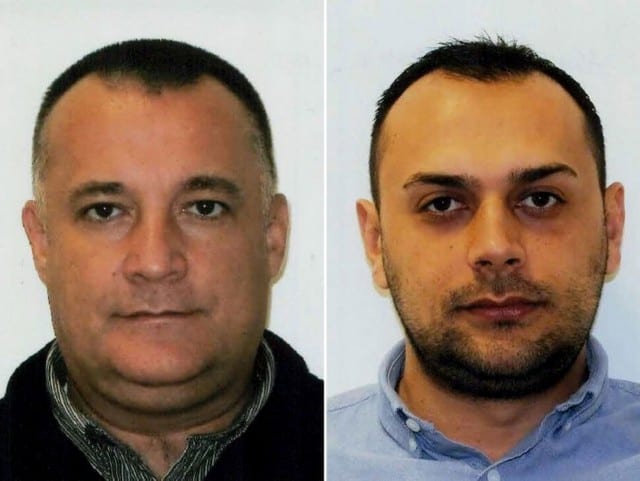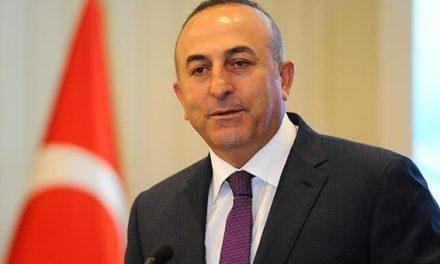A Greek court in Thessaloniki has aproved a Macedonian request for the extradition of two former secret police employees linked to the wiretapping scandal that brought down Macedonia’s previous government.
They have already lodged an appeal against the ruling with the Greek Supreme Court, Macedonia’s Information Agency, MIA reported.
Grujevski and Boskoski had been on the run for three months after the Skopje Criminal Court ordered their detention on July 18.
Greece arrested the fugitives in October at Thessaloniki airport. They were caught with fake passports while trying to flee again to a third country.
The two former secret police employees have been indicted by Macedonia’s Special Prosecution, the SJO, over their alleged role in the illegal wiretapping scandal that caused along-running political crisis in Macedonia.
They are accused, among others, in cases codenamed “Fortress”, “Fortress 2” and “Target”, of the illegal surveillance of communications and for the subsequential destruction of the surveillance equipment, after the scandal was revealed by the then opposition Social Democrats early in 2015.
Their testimonies before the Skopje Criminal Court may shed important light on one of the key questions at the heart of the political crisis, which is who was responsible for the mass illegal wiretapping operation.
In 2015, the Social Democrats accused former Prime Minister Nikola Gruevski, together with his cousin, the then secret police chief, Saso Mijalkov, of masterminding the surveillance of some 20,000 people, including Gruevski’s own ministers.
Gruevski has always denied the accusations. However, the affair refused to go away and the country was engulfed in a two-and-a-half year long political crisis that only ended in May 2017 with the final fall from power of Gruevski and his VMRO DPMNE party. A new government led by the Social Democrats then took over.
While Gruevski is not directly indicted over the mass surveillance claims, his cousin Mijalkov and some of his former subordinates already face trial in connection with them.



















